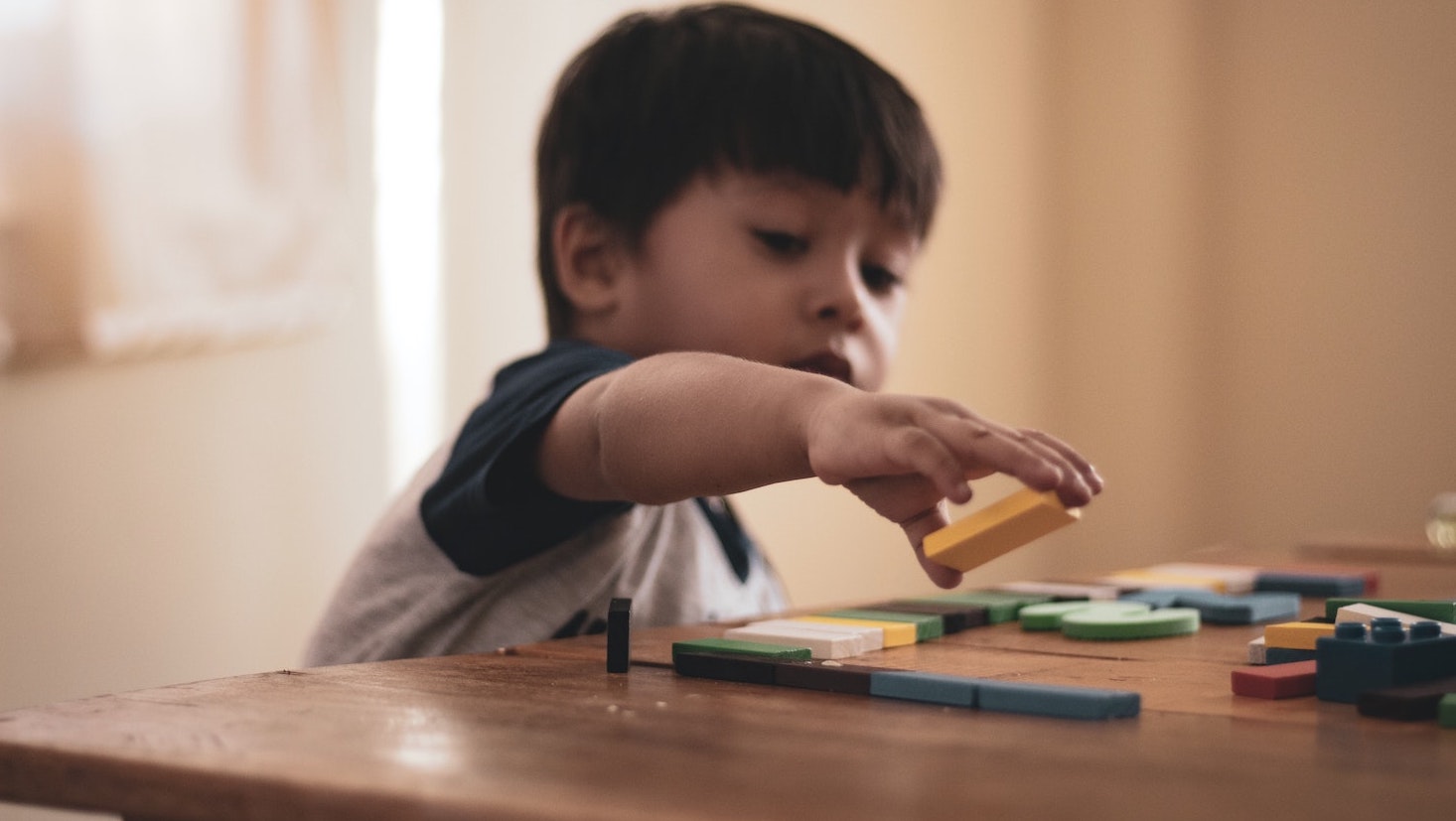Lots of children in Wales face extra challenges to get what they need to reach their full potential.
Here we’ve summarised:
- the rights your child has under the UNCRC to help them reach their full potential
- who to contact if you’re concerned
- what you can do to help
-
UNCRC Rights
Here are some of the rights your child has to grow up and reach their full potential.
All children’s rights are written in the United Nations Convention on the Rights of the Child.
Article 2
All children should be treated equally.
Article 6
Every child has the right to life, to grow up and reach their full potential.
Article 23
Children with disabilities have the right to special care and support so they can lead a full and independent life.
Article 24
Children have the right to good food and water and to see a doctor if they are ill.
Article 28
Children have the right to an education.
Article 29
Children have the right to be the best they can be. Education should help them fully develop their skills and talents.
Article 31
Children have the right to relax and play
Article 39
Children should get special help if they have been abused.
-
Disabled children’s rights
Whether your child has a physical disability or a learning disability, they have the right to reach their full potential, like every other child.
If you’re worried that your child isn’t getting the help they need to do this, please contact our team.
Here are some other organisations that can help
-
A new law
In Wales, the way young people with additional learning needs learn is changing.
There is a new law called the Additional Learning Needs and Educational Tribunal (Wales) 2018 Act which says that:
- professionals need to help young people as early as possible in order to reach their full potential, and assess their individual needs to tailor the help they give them
- children and families need to be involved in developing their individual plans
The law started to change the process for children from September 2021.
The law says professionals must consider children’s rights when they make decisions about Additional Learning Needs.
If you think your child needs more help, please get in touch with our team.
-
Rights for all
All children have the right to reach their full potential, whatever their race, gender, or whether they have a disability or not.
Everybody in the UK is protected by the Equality Act which says that nobody should be treated unfavourably because of their personal characteristics.
And the UN Convention on the Rights of the Child says that no child should be treated differently because of who they are.
To make sure children don’t face discrimination when using services, there are several things organisations can do:
- Make sure their staff know about children’s rights and the Equality Act.
- Consistently think about how their decisions could affect individual groups of children
- Look at if their service helps all groups of young people who need it, and if not, take steps to make it better.
- Give children information in a language or format appropriate to their age and maturity, culture, or disability.
The Equality and Human Rights Council has a free legal advice service to help people who think their rights have been breached –
-
Play: a right, not a privilege
All children have a right to play under the UN Convention on the Rights of the Child.
Furthermore, in Wales there is a law that specifically protects this right.
A law called the Children and Families (Wales) Measure 2010 says that councils have to assess the opportunities the children in their area have to play and to make sure they’re good enough.
They should use the information from their assessment to improve play opportunities for children in their area.
You should be able to find this on your council’s website.
-
Everyday Challenges
Every parent knows that parenting can be tough.
Welsh Government have made a resource to help parents cope with the everyday challenges parents face.
The advice given is based on children’s rights, and giving all children the best start.
Foster carers and parents of adopted children
If you’re a foster carer, or a parent to an adopted child, the child you care for has additional rights.
Advocacy
For instance, looked after children, children with a Special Guardianship Order and adopted children have a right to advocacy.
This helps to make sure that they can express their wishes and feelings when to influence the decisions that affect their lives.
You can find more about access to advocacy for your child here.
School provision
They also have a right to ensure they can access school provision that best suits their needs, and they must be given priority during school admissions processes to ensure they can access suitable provision.

